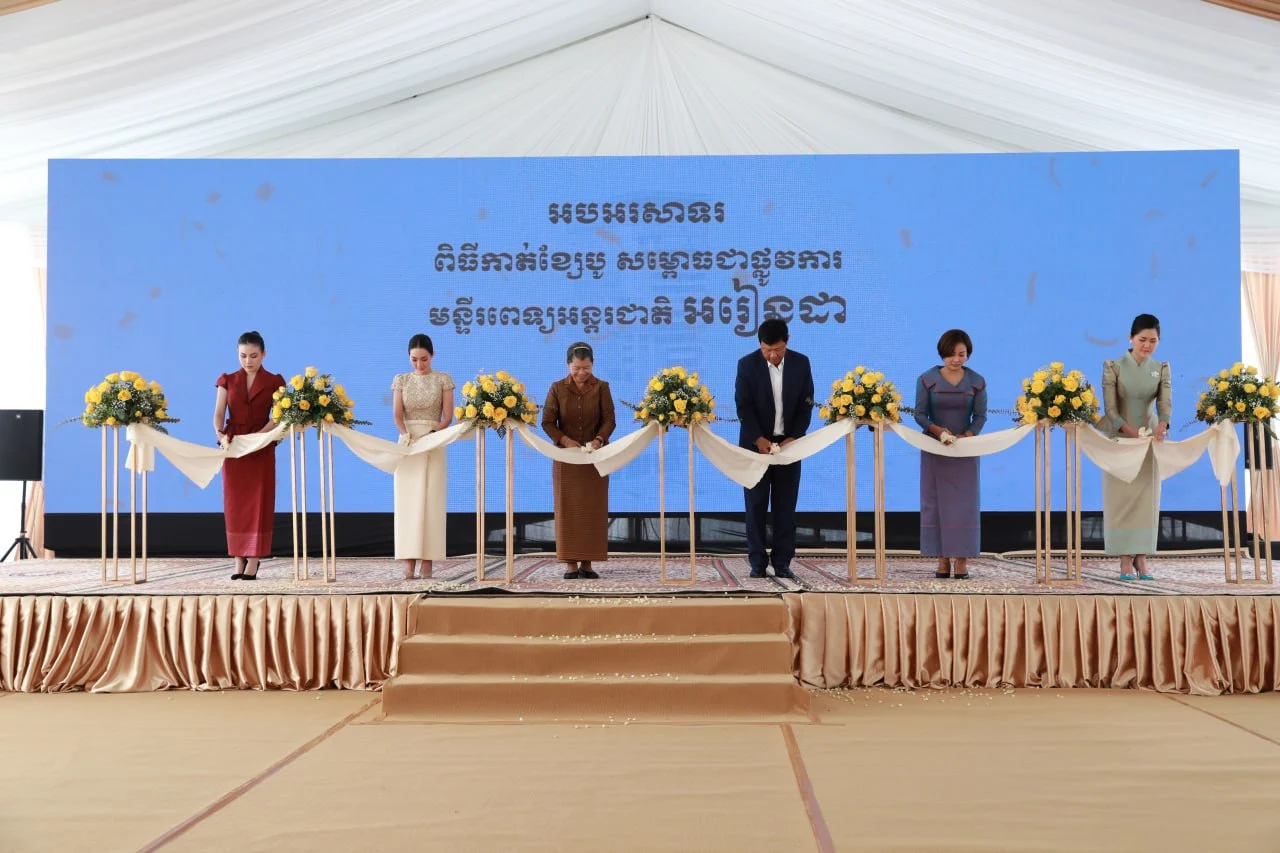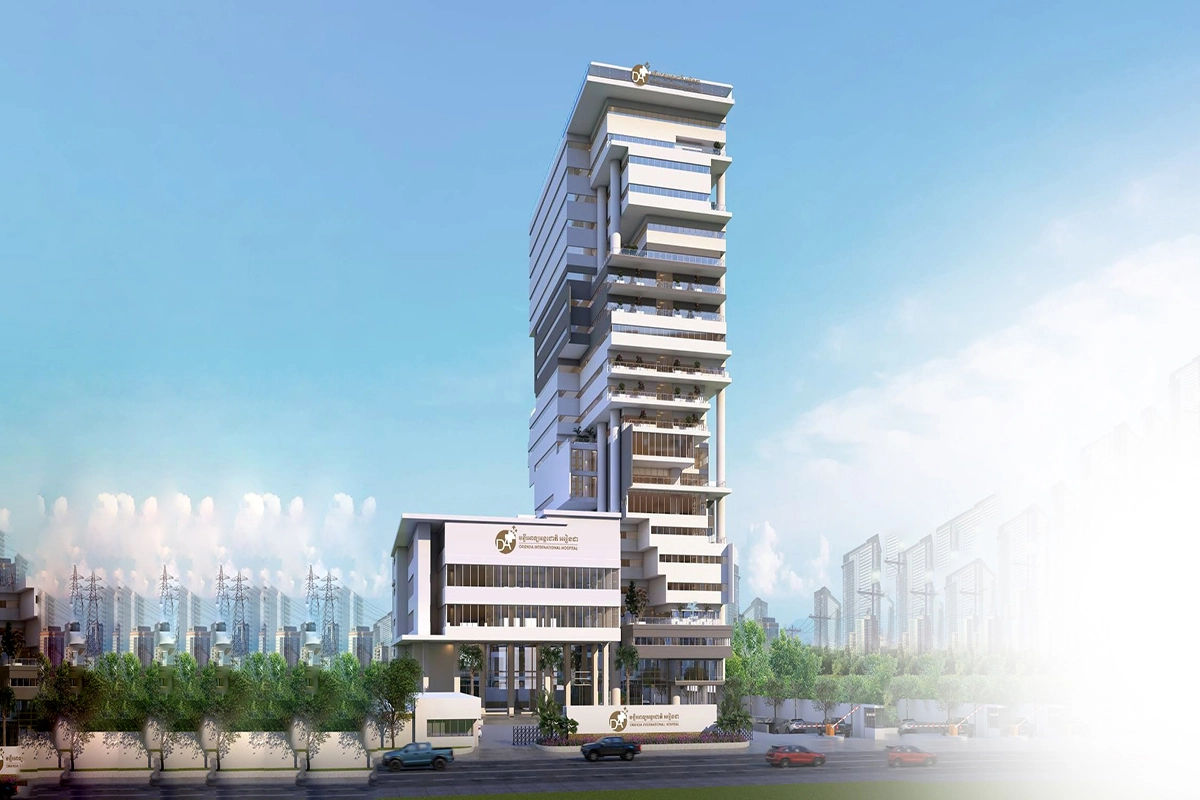Coughing and Sneezing Can Lead to Ruptured Intervertebral Discs!

Did you know? Forceful coughing and sneezing have the potential to cause damage to the intervertebral discs.
Coughing and sneezing are important mechanisms for protecting the respiratory system from foreign substances and various pathogens. The body naturally expels or drives out irritants that can cause irritation in the nose and mouth vigorously and quickly. This is often triggered by foreign substances entering the nasal cavity, such as smoke, dust, or various allergens, which can lead to irritation in the nasal septum, prompting us to sneeze. During a sneeze, there is a sudden, involuntary contraction of the chest muscles and diaphragm, without us having time to brace ourselves.
While coughing and sneezing may seem like everyday actions, many people may not be aware that forceful coughing or sneezing can potentially result in the rupture of the lower back intervertebral discs. This is because intervertebral disc ruptures can be caused not only by prolonged sitting, improper lifting, or accidents but the forceful act of coughing and sneezing can be another cause for lower back intervertebral disc ruptures. Particularly, individuals who already have degenerative intervertebral discs may experience slipped discs compressing their nerves. This can lead to lower back pain radiating down the leg, along with numbness.

Coughing or sneezing, whether you do it gently or not, will amount to a speed of around 30 kilometers per hour, and can increase to speeds of up to 150 kilometers per hour when you sneeze forcefully. Therefore, when you have a strong cough or sneeze, it creates pressure within the chest and abdominal cavities due to the intense contraction of the muscles surrounding your torso. This, in turn, puts extra strain on the intervertebral discs, which are responsible for absorbing impacts, and leads to sudden pressure on the intervertebral discs. To avoid this impact on the spine, it’s advisable to engage and strengthen your abdominal muscles when you cough or sneeze. This helps your abdominal muscles take on some of the weight-bearing load instead of the spine, reducing the strain on the spine and avoiding ruptured or herniated intervertebral discs.
Steps to Follow If Back Pain Is Experienced After Coughing and Sneezing
- For cases with mild or initial symptoms, a doctor may consider pain relief medication.
- If you experience soreness or aches, a physician may recommend physical therapy and advise lifestyle modifications.
- If pain relief medication or physical therapy doesn’t provide relief, another option is injection therapy in the nerve cavities to alleviate pain. This is another option to reduce back pain.
- If there is no improvement within 4–6 weeks and you experience pain radiating to the leg, the doctor may diagnose your condition through X-rays and MRI scans. If it is determined that a nerve is compressed, the doctor may consider surgical treatment. Currently, the treatment method is through endoscopic hole drilling with the PSLD (Percutaneous Stenoscopic Lumbar Decompression) technique.
However, if you continue to experience persistent back pain that doesn’t improve, at S Spine and Nerve Hospital, a specialized hospital for spinal care, there is a dedicated medical team ready to provide care and investigate the underlying causes of your pain.



















